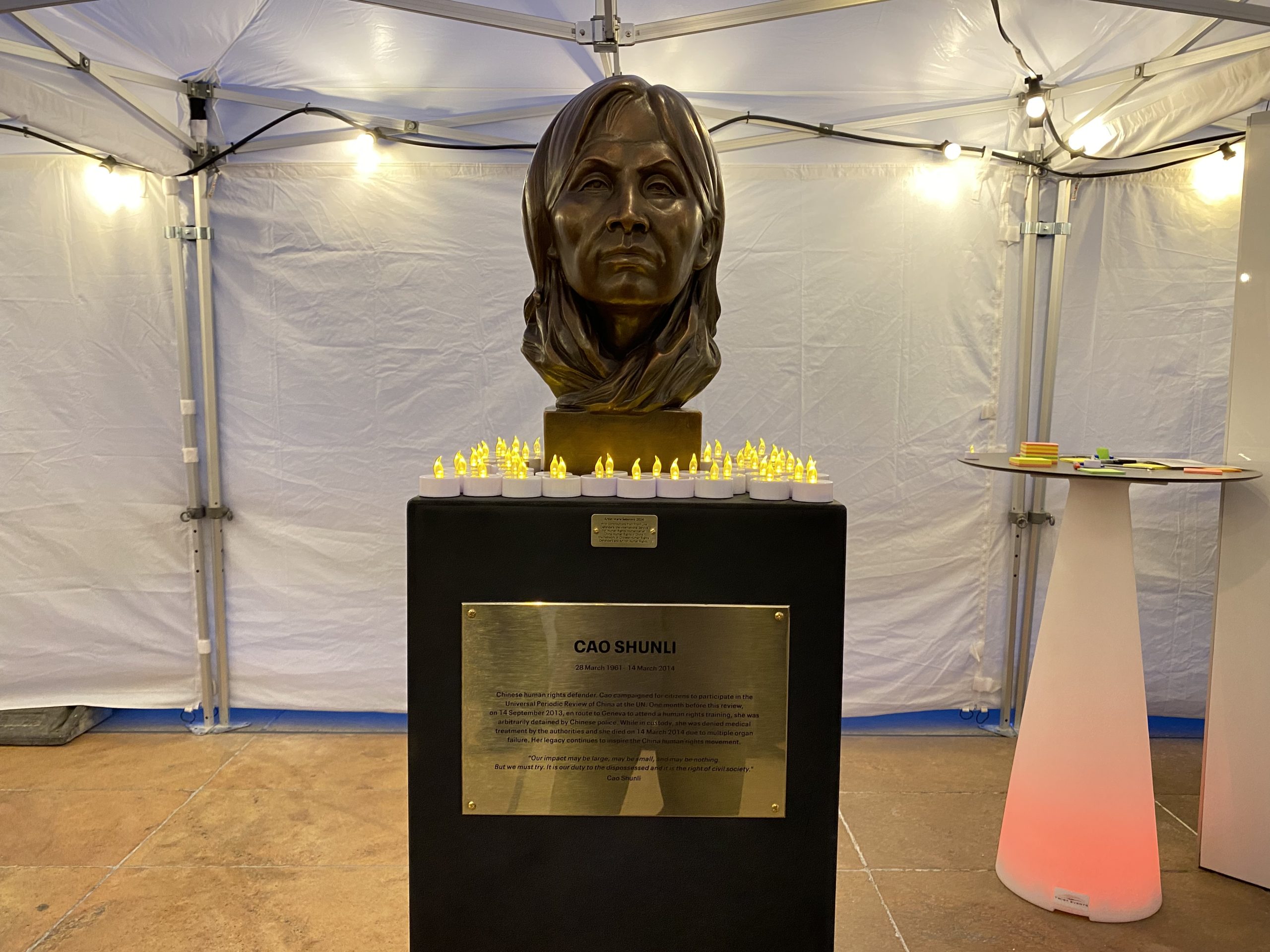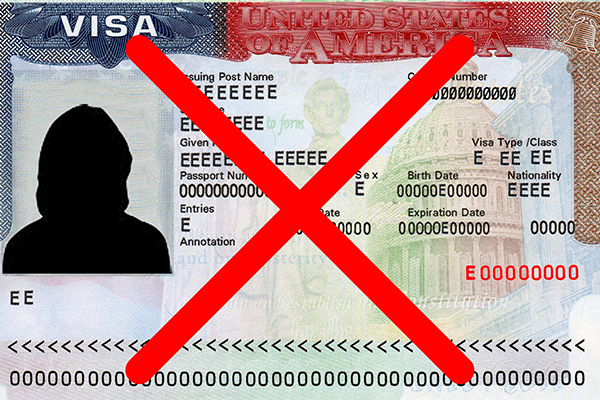The Commission on the Status of Women (CSW) is the principal global intergovernmental body exclusively dedicated to the promotion of gender equality and empowerment of women and meets annually in New York for two weeks every March.
CSW sessions are an opportunity for women’s rights advocates from around the world to contribute to the work of the CSW, hear from other advocates and share their experiences. However, due to the visa denials, many women invited to attend and contribute to the CSW’s work were barred from this opportunity.
Despite the 62nd session’s focus on “Challenges and opportunities in achieving gender equality and the empowerment of rural women and girls”, many of the visa denials were to poor, unmarried, childless, rural women. “It was precisely the voices of those that the 62nd session of the Commission was aimed at empowering that were silenced,” stated ISHR’s New York Director and Legal Counsel Madeleine Sinclair. “It appears, based on the line of questioning in the visa interviews, that the bases for refusal were the economic status, marital status, nationality and gender of the applicants. Overwhelmingly, the women to whom visas were denied were poor, unmarried, childless, living in rural areas, and from developing and Least Developed Countries—this is disturbing considering the 62nd session’s focus on rural women and girls,” Sinclair stated.
ISHR’s communication claims that the visa denials run contrary to the obligations of the U.S. as host country of the United Nations, violate the right to access and communicate with international bodies, and limit the meaningful participation of women in the human rights system.
As the host country, the U.S. entered into an agreement with the UN that prohibits the U.S. from imposing impediments to NGOs and persons invited by the UN to transit to or from UN headquarters in New York. “These women were invited by the UN to attend the CSW and the U.S. has a clear obligation not to impede their travel. The U.S. is in clear contravention of the Agreement regarding the Headquarters of the United Nations (the Headquarters Agreement)”, Sinclair added.
In addition to the protections granted by the Headquarters Agreement, the right to access and communicate with international bodies is firmly grounded in international law. “As the host country of the United Nations in New York, the United States authorities should ensure that the laws, policies, and practices of the United States—including its embassies and consulates abroad––uphold the right of individuals to access and communicate with international bodies,” said Sinclair.
“There is good reason for this—the views and experiences of civil society have been a crucial source of knowledge and expertise for the UN since its creation. Such views and experiences have been central to enhancing decision-making, increasing ownership of decisions, improving accountability and transparency, and enriching outcomes,” she stated.
The right to access and communicate with the UN is pivotal for the advancement of human rights. It is integral that CSW take steps to address these cases, and ensure this situation does not recur in the future.
Contacts:
Madeleine Sinclair, New York director and legal counsel, [email protected], 917-544-6148
Tess McEvoy, Programme manager and legal counsel, [email protected], 929-323-9962
Photo: Wikimedia Commons/Anonymous
About the CSW Communications Procedure
Any individual, NGO, group or network may submit communications (complaints/appeals/petitions) to the CSW containing information relating to alleged violations of human rights that affect the status of women in any country in the world. The CSW considers such communications as part of its annual programme of work in order to identify emerging trends and patterns of injustice and discriminatory practices against women for purposes of policy formulation and development of strategies for the promotion of gender equality. The CSW does not take decisions on the merit of communications that are submitted to it and, therefore, the communications procedure does not provide an avenue for the redress of individual grievances.




